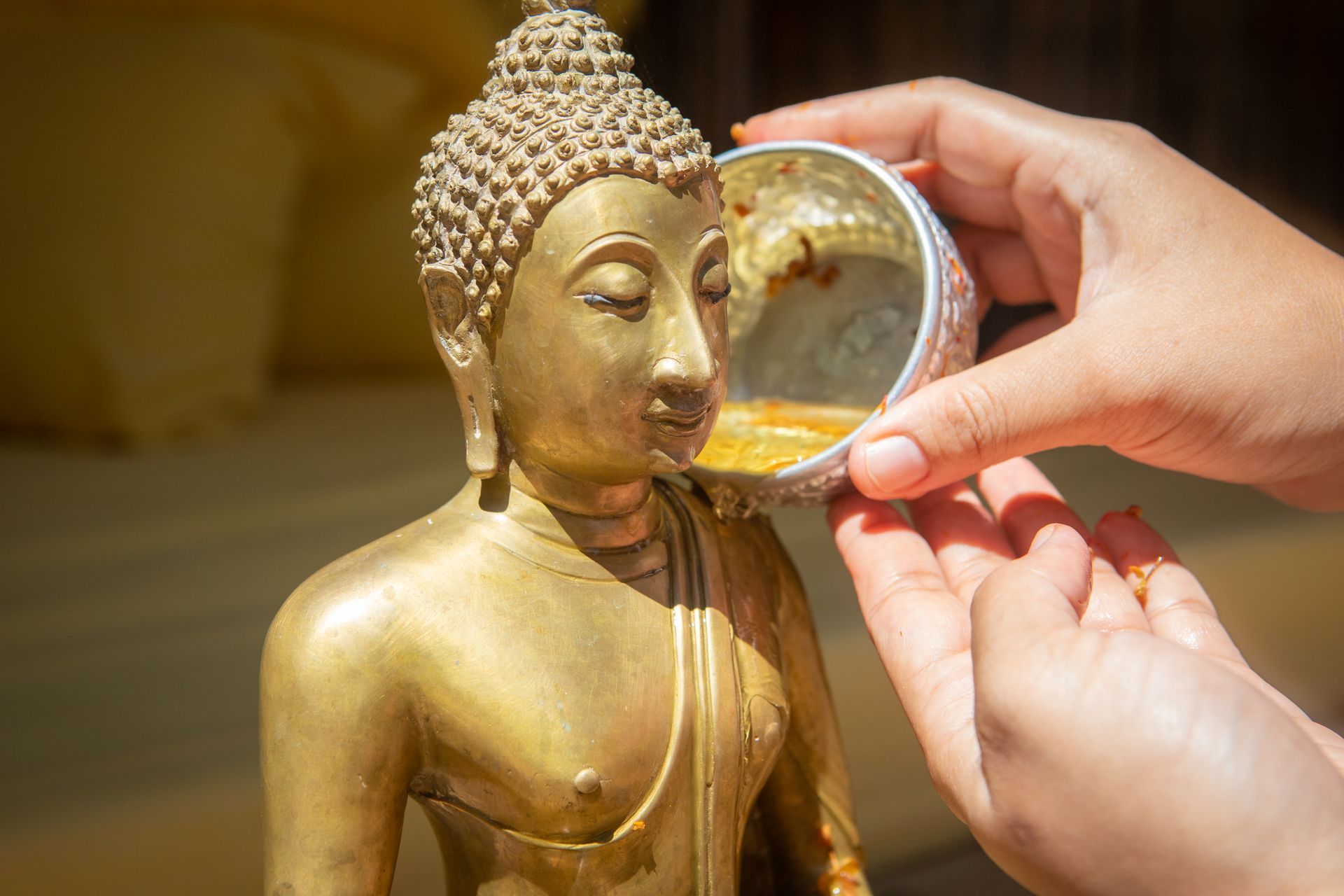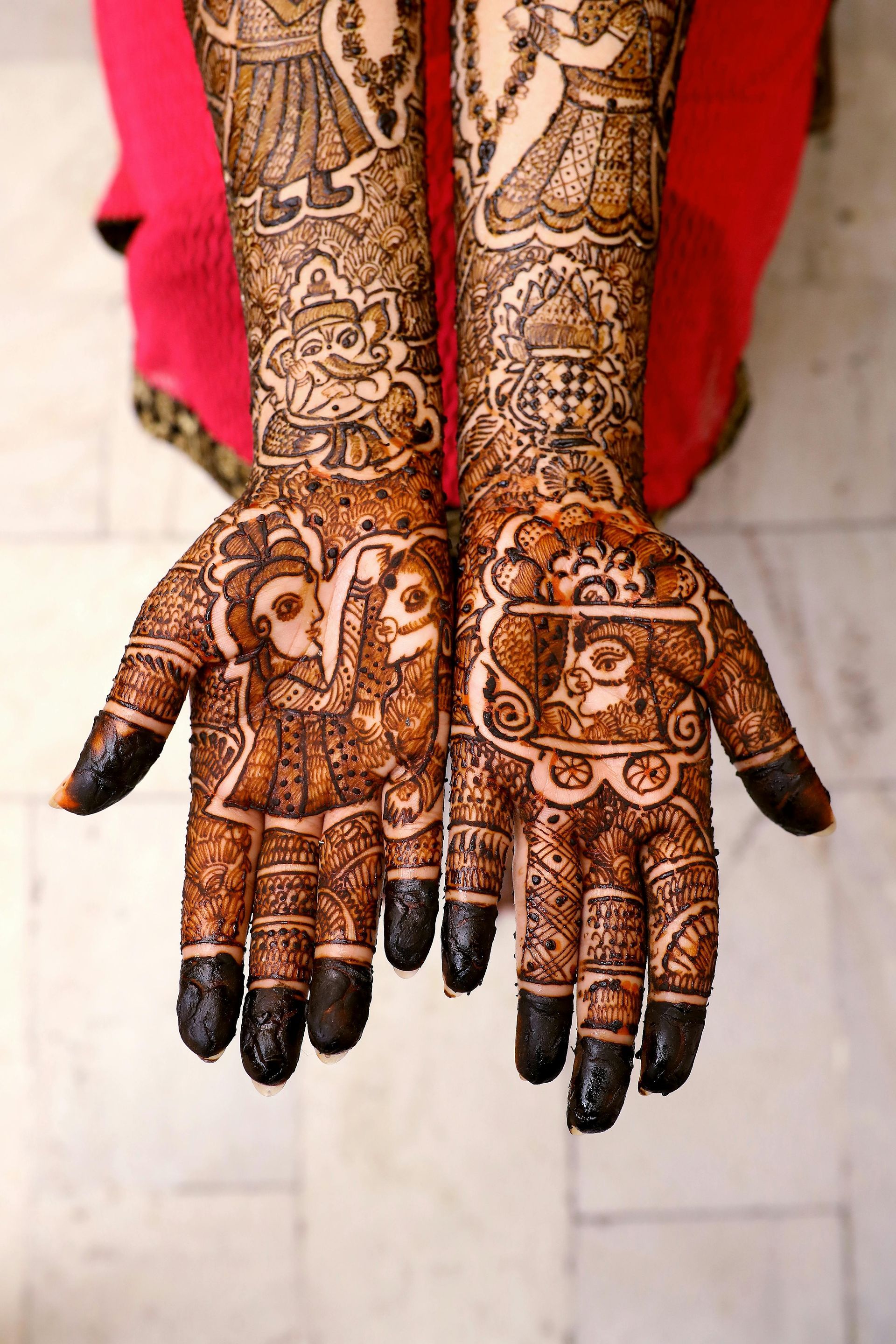Shopping Locally on a Global Scale: How to Find Unique Souvenirs
Shopping Locally on a Global Scale: How to Find Unique Souvenirs
Travelling transforms the way we experience the world, and one of the most cherished parts of that experience is finding something tangible to bring back home — a reminder of the places we’ve been, the people we’ve met, and the stories we've lived. But what if, instead of picking up mass-produced trinkets, you could bring home a piece of the culture itself? Shopping locally while travelling is not just about finding something unique, it’s about connecting with the place and supporting the people who call it home.
From handmade jewellery in Jaipur to ceramics in Oaxaca, the world is rich with artisanal goods that tell stories of tradition, craftsmanship, and creativity. The key is knowing how and where to find these special items, and how to approach your shopping ethically.
In this guide, we’ll explore how to find and purchase local treasures from around the world, and how to ensure your shopping has a positive impact on local communities.
Benefits of Buying Local Souvenirs
Buying local souvenirs offers benefits that go beyond filling your suitcase with beautiful things. First and foremost, it directly supports the artisans and craftsmen who have perfected their craft over generations. By purchasing their work, you are helping to sustain local economies and preserve traditions that might otherwise fade in the face of mass production. It also allows you to take home a truly unique piece of the place you visited — something far more meaningful than the typical airport-shop knick-knacks.
Additionally, shopping locally fosters a deeper connection with a destination. Interacting with the artisans themselves, learning about the techniques they use, and hearing the stories behind their work enriches your travel experience and gives you a greater appreciation for the culture. Every time you look at that intricately woven rug or hand-painted vase, you’re reminded of the moments you spent in that part of the world, supporting its people.
How to Identify Authentic Local Goods
The thrill of finding a unique souvenir comes with the challenge of distinguishing authentic local goods from factory-made imitations. It’s essential to shop with a discerning eye. One of the best ways to ensure authenticity is to buy directly from the source — whether it’s a market stall where an artisan is selling their own work, a craft collective, or a local workshop. Look for signs of handmade craftsmanship, such as slight imperfections or variations that indicate human touch, as opposed to the uniformity of mass production.
And don’t forget to ask questions! Most artisans are proud of their heritage and eager to share the story behind their craft. Understanding the materials used, the techniques involved, and the cultural significance of the item can help you feel confident that you’re buying something truly authentic.
Top Destinations for Unique Handcrafted Souvenirs
Some destinations are renowned for their vibrant artisan communities and the quality of their handcrafted goods. Here are a few places where you’re guaranteed to find one-of-a-kind souvenirs:
- Marrakech, Morocco: Known for its bustling souks, Marrakech is a treasure trove of handcrafted goods, from intricate carpets and brass lanterns to colourful ceramics and leather goods.
- Kyoto, Japan: Famous for its traditional crafts, Kyoto offers everything from hand-dyed fabrics and ceramics to delicate paper products and wooden carvings.
- Cusco, Peru: A hub for Andean culture, Cusco is home to talented weavers who create stunning textiles using ancient techniques passed down through generations.
- Ubud, Indonesia: This Indonesian town is famed for its wood carvings, silver jewellery, and intricate batik prints, with many workshops open for visitors to explore.
These are just a few examples — every country and city have their own artisanal culture waiting to be discovered.
Tips for Supporting Local Artisans
Supporting local artisans goes beyond just making a purchase. Here are a few ways to ensure your shopping experience is genuinely beneficial:
- Buy directly from the artisan or a reputable cooperative. This ensures that most of the profit goes to the creator rather than a middleman.
- Understand fair pricing. Handmade items take time, skill, and quality materials, so be prepared to pay a fair price. Bargaining is common in some cultures but not all. If bargaining is acceptable, remember that artisans need to make a living from their work.
- Learn about the artisan’s craft. Ask questions and show genuine interest in the story behind the piece. This not only enhances your shopping experience but also fosters a respectful connection.
Stories Behind Popular Local Souvenirs
Many of the world’s most popular local souvenirs have rich stories behind them. For example, the vibrant patterns of
Guatemalan textiles reflect the indigenous Maya culture, with each design telling a story of the weaver’s community. In Venice, intricate
Murano glass is steeped in centuries of history, each piece shaped by master craftsmen who guard their techniques closely. These souvenirs are more than just objects; they’re cultural artefacts, each with a history as fascinating as the place it comes from.
Ethical Shopping Practices While Travelling
As global travellers, it’s important to be mindful of the impact our shopping habits have on local communities and the environment. When buying souvenirs, always prioritise sustainability and fair trade. Avoid purchasing items made from endangered materials, such as ivory or coral, and be aware of cultural sensitivities surrounding certain items. Supporting ethical brands and cooperatives that focus on sustainability can also make a big difference.
Ultimately, shopping locally while travelling is about much more than bringing home a keepsake. It’s about honouring the culture of the place you’ve visited, supporting people, and preserving traditions for future generations to enjoy.
So, the next time you’re exploring a new corner of the world, take the time to seek out authentic, meaningful souvenirs — ones that carry with them the true essence of the place and its people.











